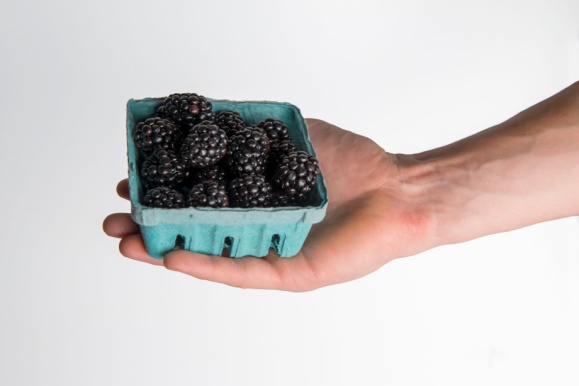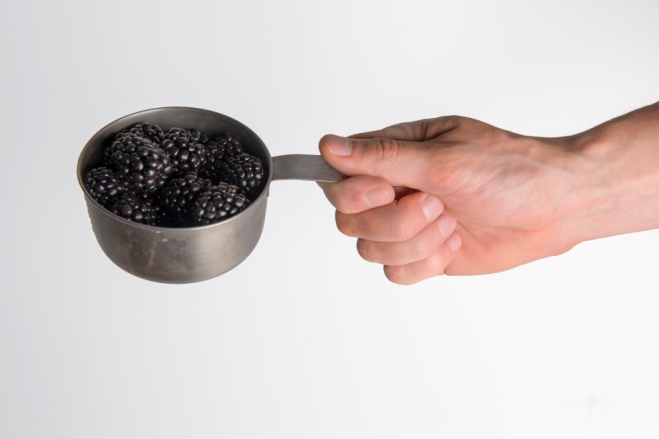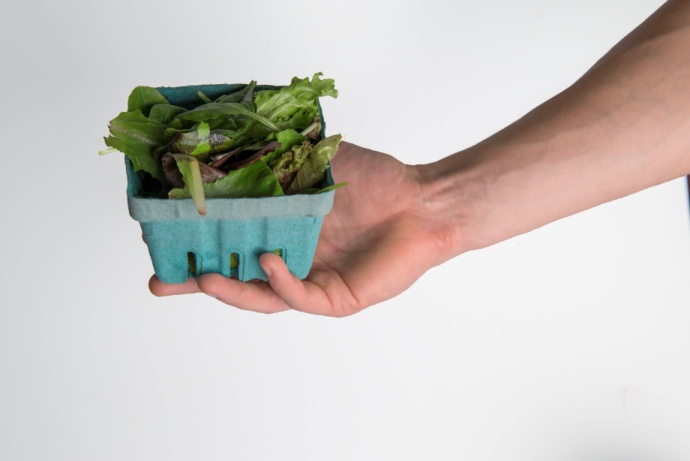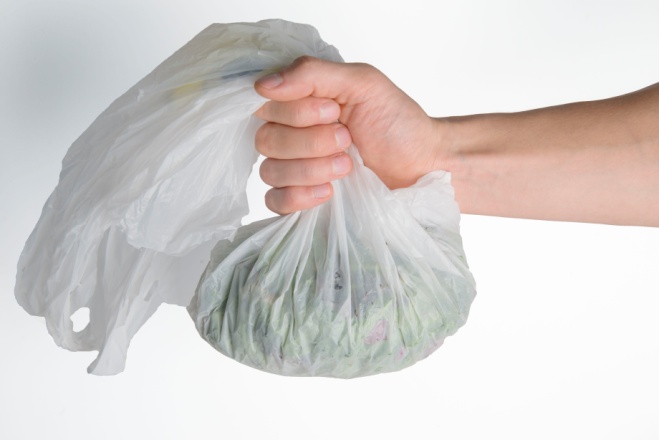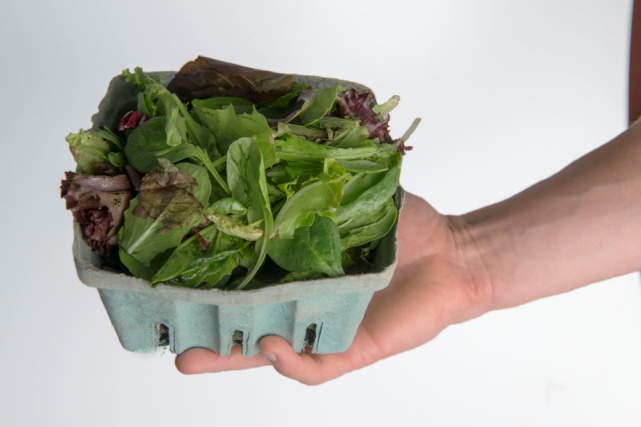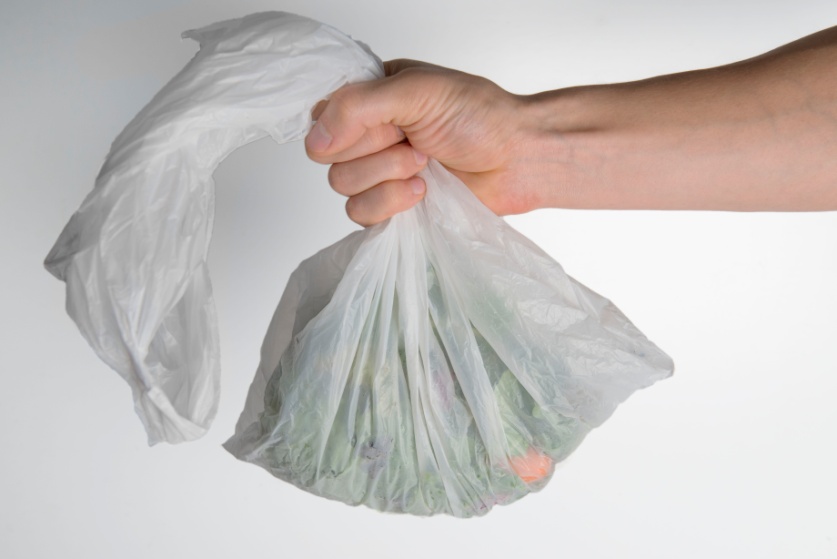NTFP Sample Survey
0596-NEW--NTFP Sample Foraging Survey.docx
Non-Timber Forest Products
NTFP Sample Survey
OMB: 0596-0243

On-Line Survey of Foragers
(will be 508 compliant)
Online Survey Introduction
Welcome to the foraging survey!
The purpose of our study is to understand foraging and investigate its significance for foragers and their families, as well as potential risks and benefits of foraging. Our goal is to provide information in support of sustainable forest and other natural resource management that delivers multiple benefits to you – the citizens who rely on these natural areas.
We use the term “forage” to include gathering plants or mushrooms (for example, leaves, nuts, roots, fruits, or flowers) from public or private areas (for example, parks, lawns, or along sidewalks).
For purposes of this study, foraging does not include:
collecting discarded food or food that was at any time intended for sale, such as from dumpsters or farmers’ market discards.
harvesting materials you deliberately planted and grew for yourself (e.g., from your garden),
harvesting materials clearly planted and reserved for consumption by another person, such as produce from someone else’s farm or garden plot.
Harvesting from privately-owned fruit trees is considered foraging if:
(a) the branches extend over public land,
(b) the fruit is past the point of ripeness and the owner has made no effort to harvest them, and/or
(c) the owner has given explicit permission for the trees to be available for public foraging.
ELIGIBILITY
If you think you might be interested in participating, please proceed.
To be eligible for the study, you must meet two criteria:
Are you at least 18 years of age?
Yes No
Have you foraged plants and/or mushrooms (in a city) for food, medicine, or other purposes at least once in the past five years?
Yes No
If respondent does not meet both criteria:
Unfortunately, you are not eligible to participate, but we appreciate your interest. Please feel free to share our contact information with other foragers who might be interested in participating.
If respondent meets both criteria:
Great! Before we begin the survey, let’s go over some information.
You are being asked to join a research study. If you agree to be in this study, you will be asked a series of questions that should take roughly 30 minutes to complete. At any point, you can decline to answer any question, or stop the survey altogether.
Your answers will be kept anonymous; we will not include your internet provider or other personal identification information in our analyses. The information you share may be published in reports and research papers, but your answers will not be reported separately and you will not be identified individually in any way.
RISKS
The risks to being a part of this study are minimal. If at any point you are uncomfortable, you can skip any question you want or stop the survey at any time.
VOLUNTARY PARTICIPATION
You do not have to agree to be in this study, and you may change your mind at any time.
Contact insert name of individual or organization here at insert contact information here if you have questions or complaints about being in this study.
Let’s get started!
Foraging Experience
For about how many years have you been foraging?
1-2
2-3
3-4
4-5
5-10
10-20
20-30
30-40
>40
How or from whom did you first learn about foraging? Select all that apply:
Books
Internet
Friends
Family
Other foragers
Foraging events (e.g., walks or workshops)
Foraging Meetup group
Other: ________________________________________________________________
Where do you get information about foraging? Select all that apply:
Books
Internet
Friends
Family
Other foragers
Foraging events (e.g., walks or workshops)
Foraging Meetup group
Other: ________________________________________________________________
I don’t seek out information about foraging
With whom do you forage? Please select all that apply.
I usually forage alone
Family members
Friends, who I spend time with outside of foraging
Other foragers, whom I only see when foraging
Professional foragers
Other:
________________________________________________________________
Do you forage with children under age 18?
No
Yes
Have you ever done any of the following in areas where you
forage?
Replant/spread seeds
Clear brush/undergrowth
Clear trees/shrubs
Fertilize, water, or use other conventional landscaping techniques
“Fence” areas
Other (please specify): ______________________________________________________________________________________________________________________________________________________
Foraged Species
The following questions pertain to a typical year. Even though it is now (spring/summer/fall/winter), we are interested in your foraging behaviors during all four seasons.
Please list up to 10 plants or mushrooms that you forage most frequently (either the common or scientific name is fine). For each species, we will go over a series of more detailed questions.
Survey administrator or software will repeat this question cycle up to 9 times, for a total of 10 plant or mushroom species. If this is online, there will be an option to say “that’s it, no more species” rather than click through all 10 cycles if they only gather 3 species.
________________________________________________________
Which part(s) do you collect? Please select all that apply.
Whole Plant or Mushroom
Berries/fruits
Roots
Leaves
Branches
Flowers
Nuts
Other: ____________________________
How do you harvest this species? Please select all that apply.
Hand pulling or picking
Cutting or clipping
Digging
Other (please specify): _________________
Not sure
How would you best describe the land where you harvest this species? Please select all that apply.
Field or meadow
Forest
Industrial
Institutional (e.g., hospital grounds, business or school campus)
Park
Residential
Roadway
Other (please specify): _________________
Not sure or would rather not say
How do you use foraged materials? Please select all that apply.
Art or craft material
Beverage
Cosmetic
Floral use
Food
Medicine/health support
Other (please specify): ____________________________
When do you forage for this species? Please select all that apply.
January
February
March
April
May
June
July
August
September
October
November
December
During its season, how often do you forage for this species?
Every day
Several times per week
Several times per month
Occasionally
Other (please specify): ____________________________
About how much of this species do you collect on each outing? (Please see foraging quantity visual aids below for rough guidelines.)
½ cup
1 cup (½ pint)
2 cups (1 pint)
4 cups (1 quart)
8 cups (2 quarts or ½ gallon)
½ cup |
|
|
1 cup ½ pint |
|
|
2 cups 1 pint |
|
|
4 cups 1 quart |
About
¼ of a grocery bag |
|
8 cups 2 quarts ½ gallon |
About
half of a grocery bag
|
|
How much of what you collect do you typically use yourself?
All or almost all of it
About three quarters
About half
About one quarter
None of it
If not all
of it, what do you do with the rest of it? Select all that apply:
Shared or given as gifts
Traded or bartered
Sold
Other (please specify): ____________________________
If
applicable, where or to whom do you sell it?
Farmers market
Restaurant
Grocery or health food store
Floral market
Other (please specify): ____________________________
Motivations for Foraging
What are
the reasons why you forage? Please rate each one from 0 to 5, with 0
being not at all important and 5 being very important. You may use
each number as often as you wish (that is, if two reasons are
somewhat important, you may give them both a “1”).
Reason |
Importance (0, 1, 2, 3, 4 or 5; 0 = not at all important; 5 = very important) |
1.Connections to Nature |
_______ |
2. Family or cultural tradition |
_______ |
3. Flavors or other special properties |
_______ |
4. Free food or other materials |
_______ |
5. Health |
_______ |
6. Income |
_______ |
7. Other (please specify): |
_______ |
Barriers to Foraging
Do you face any challenges or problems to foraging? Please rate each one from 0 to 5, with 1 being not at all important and 5 being very important. You may use each number as often as you wish (that is, if two or more reasons are somewhat important, you may give them both a “1”).
Reason |
Importance (0, 1, 2, 3, 4 or 5; 0 = not at all important; 5 = very important) |
1.Time, lack of |
_______ |
2. Knowledge, lack of |
_______ |
3. Contamination concerns |
_______ |
4. Other (please specify): |
_______ |
_____________________________________________________________________________________
The potential for overharvesting or negative health effects from plants or mushrooms that grew in contaminated environments are common concerns related to foraging. Below, please tell us how much you agree or disagree that the following are trustworthy sources of information about each of these issues.
Overharvesting
|
Strongly Disagree |
Disagree |
Neither Disagree nor Agree |
Agree |
Strongly Agree |
I am not familiar/do not know |
Other foragers |
|
|
|
|
|
|
Family |
|
|
|
|
|
|
Close friends |
|
|
|
|
|
|
US Forest Service |
|
|
|
|
|
|
State DNR |
|
|
|
|
|
|
Local NGO, like the Nature Conservancy |
|
|
|
|
|
|
Local faith-based organizations (like my church or temple) |
|
|
|
|
|
|
Local cultural group (like an immigrant group) |
|
|
|
|
|
|
>>note: the groups will be specific to the context of the survey. For example, were this to be done in the Chicago area, an NGO may be Chicago Wilderness while a local faith based organization could be God’s Gang, and NGO active in environmental issues relevant to African Americans.
Health implications
|
Strongly Disagree |
Disagree |
Neither Disagree nor Agree |
Agree |
Strongly Agree |
I am not familiar/do not know |
Other foragers |
|
|
|
|
|
|
Family |
|
|
|
|
|
|
Close friends |
|
|
|
|
|
|
US Forest Service |
|
|
|
|
|
|
State DNR |
|
|
|
|
|
|
Local NGO, like the Nature Conservancy |
|
|
|
|
|
|
Local faith-based organizations (like my church or temple) |
|
|
|
|
|
|
Local cultural group (like an immigrant group) |
|
|
|
|
|
|
Please circle the picture below which best describes your relationship with the natural environment. How interconnected are you with nature?

Demographic Information
We’d like
to ask you some questions about where you live, your age, race,
ethnicity, income, and level of education. This information helps us
identify populations for whom certain foraged foods, foraging
locations, or foraging in general are particularly important. This
information also helps us design outreach materials, for example, by
translating them to the appropriate languages. If for any reason you
don’t feel comfortable answering any of these questions, you
can decline to answer.
What is your zip code? ___________________________
Would rather not say
In what country were you born? __________________________________________
Would rather not say
What language(s) are spoken in your home? ______________________________________________________________________________
Would rather not say
Do you consider yourself to be Hispanic, Latino, or of Spanish origin?
No
Yes
If yes: Where do your ancestors come from? Please select all that apply:
Mexico
Puerto Rico
Cuba
Central America
South America
Other: _________________________________________________
Don’t know
Would rather not say
What race or races do you consider yourself to be? Select all that apply:
American Indian or Alaska Native
Asian
Black or African American
Native Hawaiian or Pacific Islander
White
Other: ___________________________________________________
Don’t know
Would rather not say
If Asian: Where do your ancestors come from? Select all that apply.
Korea
China
Japan
India
Pakistan
Other: ____________________________________________________
Don’t know
Would rather not say
What year were you born? _____________
Would rather not say
How do you identify your gender?
Male
Female
Transgender/Other
Would rather not say
What is the highest level of education you have completed?
Less than high school
High school, GED, or equivalent
Some college
Associate’s degree
Bachelor’s degree
Graduate degree
Other: _____________
Would rather not say
What is your household’s annual income?
<$20,000
$20,000-$39,999
$40,000-$59,999
$60,000-$79,999
$80,000-$99,999
$100,000-$150,000
Over $150,000
Would rather not say
Thank you for your time and input on this study. We greatly appreciate it. Your information will help us serve you, and other foragers, better.
Page
| File Type | application/vnd.openxmlformats-officedocument.wordprocessingml.document |
| Author | Fisher, Cherie L -FS |
| File Modified | 0000-00-00 |
| File Created | 2021-01-13 |
© 2026 OMB.report | Privacy Policy


